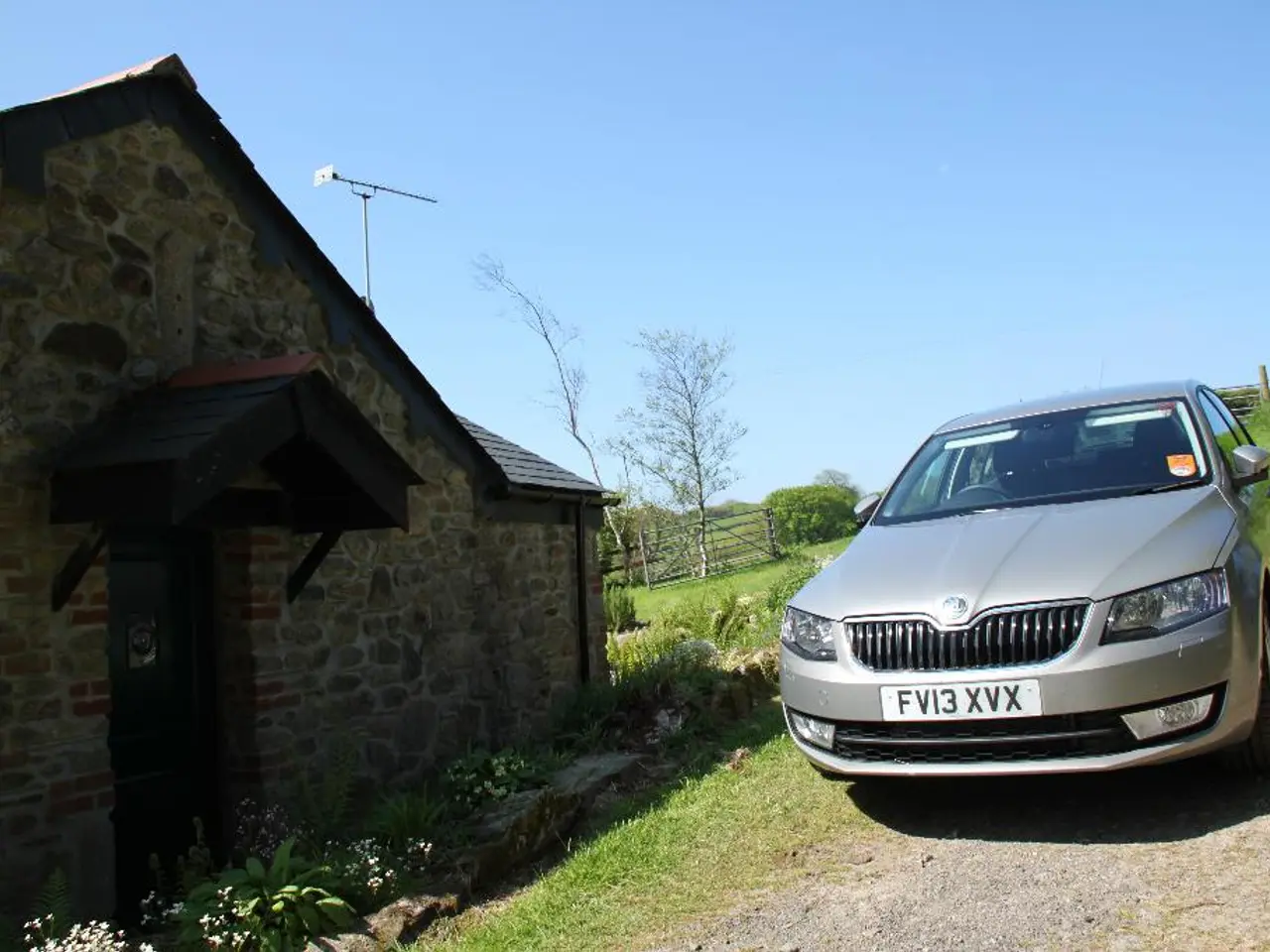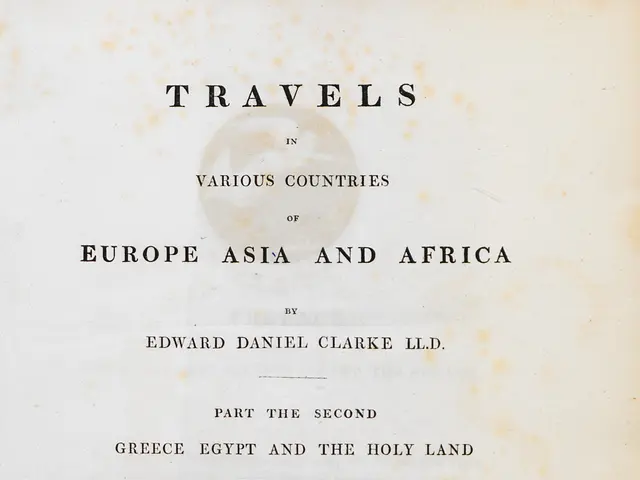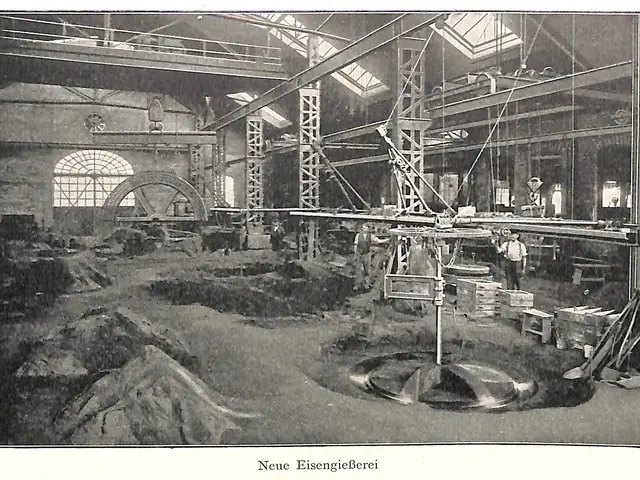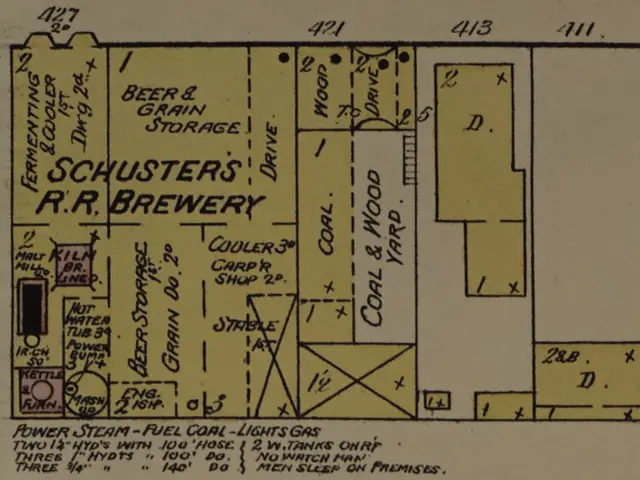Time is Running Out for EU's European Green Initiative
The European Green Deal (EGD), announced by President Ursula von der Leyen and her European Commission (EC), aims to transform the EU into a sustainable, carbon-neutral economy by 2050. The EC proposes a 55% greenhouse gas emissions reduction by 2030 compared to 1990 levels, aiming for climate neutrality by 2050 and intermediate targets including a 90% reduction by 2040.
However, the path to achieving these ambitious goals is fraught with challenges. One of the sectors that poses significant challenges is the transport sector, which accounts for about 25% of total EU emissions. The Commission's planning does not sufficiently take into account emissions from this sector.
Environmental groups argue that at least a 65% reduction is needed to keep warming below 1.5 degrees. Greenpeace's director Tobias Austrup stated that fleet emissions limit values planned so far are not enough for carmakers to reduce CO2 emissions. The EU Greens want to push the climate target to at least 60% and aim to become a net-zero-emission and 100%-renewables-based economy well before 2050.
Germany's economy minister, Peter Altmaier, is resisting increases in the 2030 reduction target for the car industry. This resistance could potentially hinder the EU's efforts to reduce emissions from the transport sector.
The Commission is currently conducting cost-benefit analyses of sector scenarios and engaging in informal bargaining with Member States. The tempo of negotiations is important, as it is imperative to have a reduction commitment and draft law ready for the 2020 UN Climate Change Conference (COP 26).
The European Council and the European Parliament need to debate, amend, and pass the European Climate Law to make it EU legislation. The European Climate Law, which outlines specific measures, was to be made public in early March 2020.
The distribution of the EU's 2021-2027 budget will also play a crucial role in Europe's energy systems and climate protection impact for decades. The Commission is proposing that only 25% of the total budget contribute to climate action and other spending on the environment across multiple programs. However, NGO Climate Action Network (CAN) Europe argues that the budget should be expanded to guarantee that the EGD's initiatives are funded.
Croatia's €101 million grant for the Croatia LNG project, which aims to provide infrastructure for liquefied natural gas (LNG), has caused controversy due to its potential environmental impact. Elena Gerebizza, an NGO Re:Common member, argued that there is a fundamental incompatibility between aiming for a low-carbon economy while investing in gas infrastructure.
The EU's budget is €162 billion a year, essential for getting the European Green Deal up and running. The EIB will phase out its support to fossil fuels by 2021 and become the "EU's climate bank."
CAN is pushing for an EU commitment to orient all spending around the principle of sustainability, earmarking 40% for climate protection programs. The biggest obstacle for implementing a serious Green Deal is von der Leyen's own party's officials in Berlin.
Agriculture is one sector that won't be greened to align with climate neutrality. This could potentially undermine the EU's efforts to achieve its climate goals. The tempo of negotiations and the distribution of the EU's budget will be crucial in determining the success of the European Green Deal.
Read also:
- Russia, according to Zelensky, lacks the prowess for launching another significant offensive.
- Russia's Latest Peace Proposals for Donbas: New Diplomatic Landscape Emerges amid Alaska Summit, Potentially Opening Ceasefire Opportunities
- Amidst India's escalating climate crisis, transgender individuals continue to persevere
- Contentious Discussion Surrounding the Movie Release of "Planet of the Humans"








